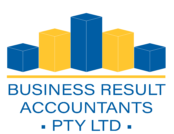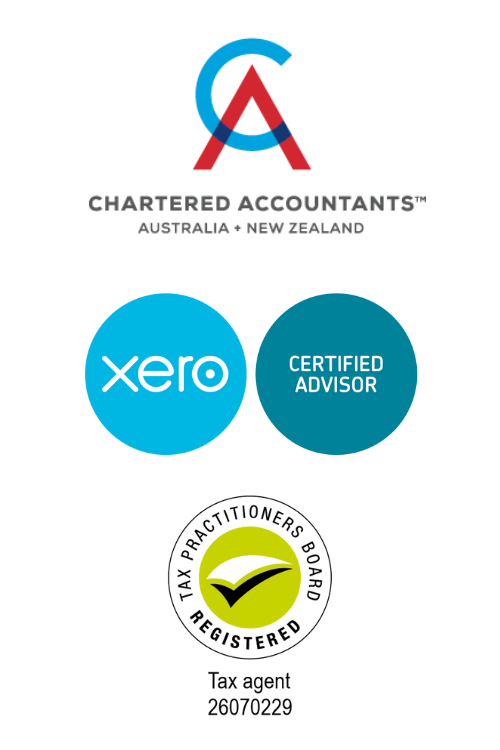
GST is a tax of 10% in Australia on most goods, services, and consumables. If you are a registered business, you need to pay GST on most goods and services you sell or supply.
Other registered businesses will include GST in the price of items you purchase for your business. You may be entitled to claim input tax credits from the ATO if you are registered for GST and the acquisitions are obtained for the purpose of carrying on your enterprise. Although the liability for paying GST rests with GST-registered entities, the end consumer bears the economic cost.
If you do not charge GST for sales but are entitled to claim input tax credits for GST included in the price you paid for supplies, the supplies will be GST-free. For an input tax sale you do not charge GST on the sale of the goods or services to your customers and you cannot claim input tax credits for the GST portion of your business expenses relating to the items acquired to make the supply.
The reporting periods for GST are called tax periods and can be quarterly or monthly. Quarterly tax periods are three months long, ending 30 September, 31 December, 31 March, and 30 June. Monthly tax periods end on the last day of each calendar month. Entities with an annual turnover of less than $20 million generally have quarterly tax periods but can choose to have monthly tax periods. Entities with an annual turnover greater than $20 million are required to have monthly tax periods and lodge their activity statements electronically.
The rules for attributing GST payable and input tax credits to tax periods differ according to whether GST is accounted for on a cash or accrual basis. You can account for GST on a cash basis if you meet one of these requirements:
- Are a small business with an annual turnover of less than $2 million. This includes the turnover of your related entities.
- Are not running a business, but carrying on an enterprise with a GST turnover of $2 million or less.
- Account for income tax on a cash basis.
- Carry on an enterprise that the commissioner has determined can account for GST on a cash basis regardless of your GST turnover.
- Are an endorsed charitable institution regardless of your GST turnover.
- Are a trustee of an endorsed charitable fund, gift-deductible entity, or government school, regardless of your GST turnover.
Entities running an enterprise must register for GST if their annual turnover is at or above the registration turnover threshold of $75,000. This threshold is $150,000 for nonprofit organisations. Entities below this threshold can also register for GST. If they do, the registration must continue for 12 months. If you are not registered for GST, you cannot include GST on anything you sell or provide. You also cannot claim back any GST included in the price you pay for goods or services used in your business.

